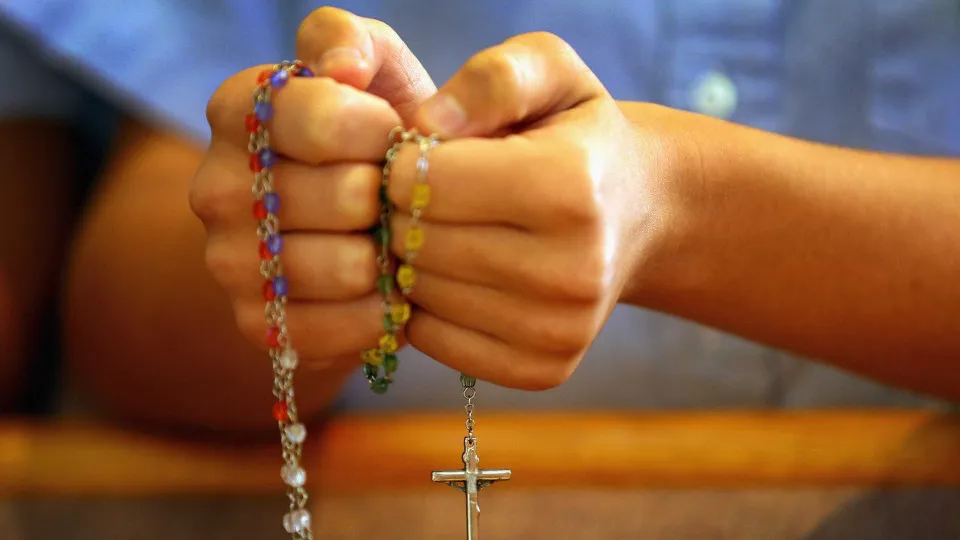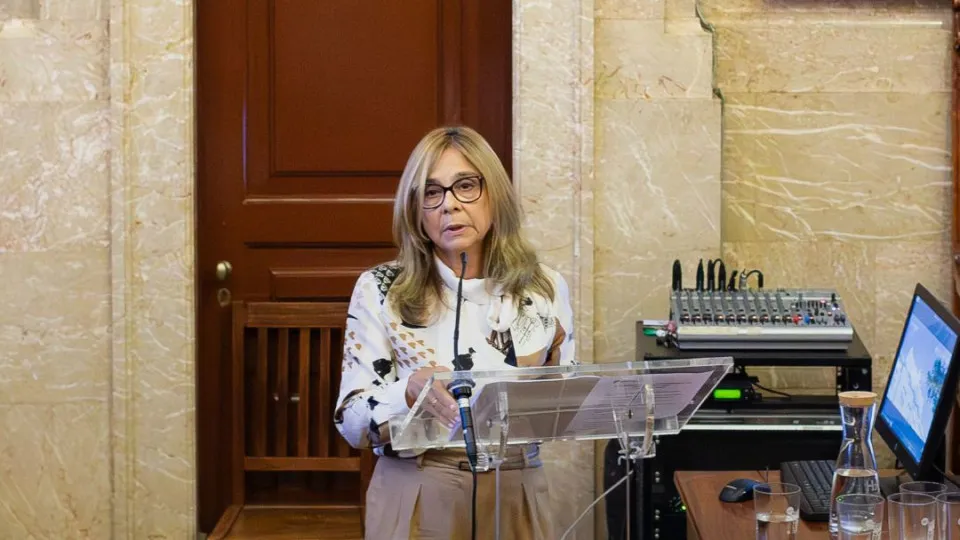
In November 2024, the Diocese of Angra announced the completion of the diocesan phase of its first process aimed at the beatification of an Azorean, Maria Vieira da Silva, a young woman from Terceira.
Maria Vieira da Silva, originally from the parish of São Sebastião on Terceira Island, died on June 5, 1940, “while resisting an attempted rape. Her act of forgiveness towards her attacker, uttered before her death, profoundly affected the local community and sparked spontaneous devotion that has lasted more than eight decades,” according to information available on the Diocese of Angra’s website, Igreja Açores.
A year after the completion of the diocesan phase in the Diocese of Angra, the beatification cause of the young woman officially enters the Roman phase.
“The process is already in Rome, delivered to the Dicastery for the Causes of Saints. We are now awaiting only the formal confirmation of the appointment of Monsignor António Manuel Saldanha as the postulator for the cause in its Roman phase,” the Diocese of Angra revealed in a note published on the Igreja Açores website.
The priest, a native of the Azores, is cited in the same note, explaining that the process was “properly delivered” and only the ratification of the appointment made by the bishop, the author of the cause, is needed for him to be officially recognized as the postulator.
“I am going to Rome this week to present the nomination documents, and we will wait for confirmation, which has already been given informally by the Dicastery,” Monsignor António Manuel Saldanha stated, emphasizing that it is a mission that fills him with “pride and responsibility.”
“I feel privileged and serenely happy. It was an old dream, but one I never expressed. Through a series of fortunate coincidences, I was able to return to the diocese and take up this cause, which means so much to all Azoreans,” he said.
With the process now in the hands of the Dicastery, the next step is to request the juridical validity vote, a stage that will confirm the regularity and consistency of the work carried out in the Diocese of Angra.
“If the vote is positive — and I believe it will be — a relator will be appointed to guide the drafting of the Positio, a summary document that gathers all testimonies and texts about Maria Vieira,” he mentioned.
Subsequently, the process will be analyzed by theologians, historians, bishops, and cardinals before the final decision by the Pope. As this is a case of martyrdom, a miracle is not required for beatification, which may expedite the process, he explained.
According to the postulator, the process could be concluded in three or four years, highlighting that the documentation “is concise and clear,” stressing that the most remarkable element in Maria Vieira’s life “is the ability to forgive.”
He emphasized that “Maria Vieira’s story is also a call for the dignity of women and overcoming violence,” demonstrating “that it is possible to respond to hatred with love and to evil with forgiveness.”
The closure of the diocesan phase, celebrated a year ago at the Church of São Sebastião, marked a historic milestone for the Diocese of Angra, as it was the first beatification cause fully instructed in the Azores.
On that occasion, the Bishop of Angra, Armando Esteves Domingues, highlighted that “the significance of this cause lies in offering a Gospel logic: where there should be hatred, there is love; where there should be revenge, there is mercy.”
The process spanned three episcopates, but only in February 2018 did D. João Lavrador give instructions to proceed with the appointment of the Historical and Theological Commissions, which has allowed reaching this stage now.
“With the process delivered in Rome, the diocese and the Azorean faithful now live in a time of expectation and prayer,” the note reads.




